Williams' chief technical officer Paddy Lowe believes that the incoming aerodynamic regulations for the 2019 season are the most significant changes since 2009.
In a bid to reduce dirty air flowing off the back and sides of the car and allow closer racing, the FIA confirmed in May that changes would be made to parts of the cars next year. Front wings will be simplified with standardised endplates, tweaked dimensions and no upper flaps enforced.
Winglets that are situated on the brake ducts will be banned, to decrease the airflow around the side of the cars. Barge boards will be lowered by 150mm, while the rear wing will increase in both width and height. A number of other minor alterations will also be made.
And Lowe thinks these changes will be almost as significant as the regulations brought in for 2009: "It’s not quite as significant as 2009 but it’s in that bracket, whereas I think 2014 and 2017 were much less significant,” Lowe said.
"I'm sure a lot of stuff will have to be re-optimised. We haven't got that far with it, we're starting from the front at the moment and working our way back!”
Lowe is optimistic that the new rules will allow Williams to close up on the field. This year, the Grove team are the clear backmarkers, scoring points in just one race so far.
"It is quite a big change, so change is always an opportunity to do well,” he explained. “We're very conscious of that and working very hard to be the right side of that opportunity and make some ground. It could be a disruption."
Fergal Walsh
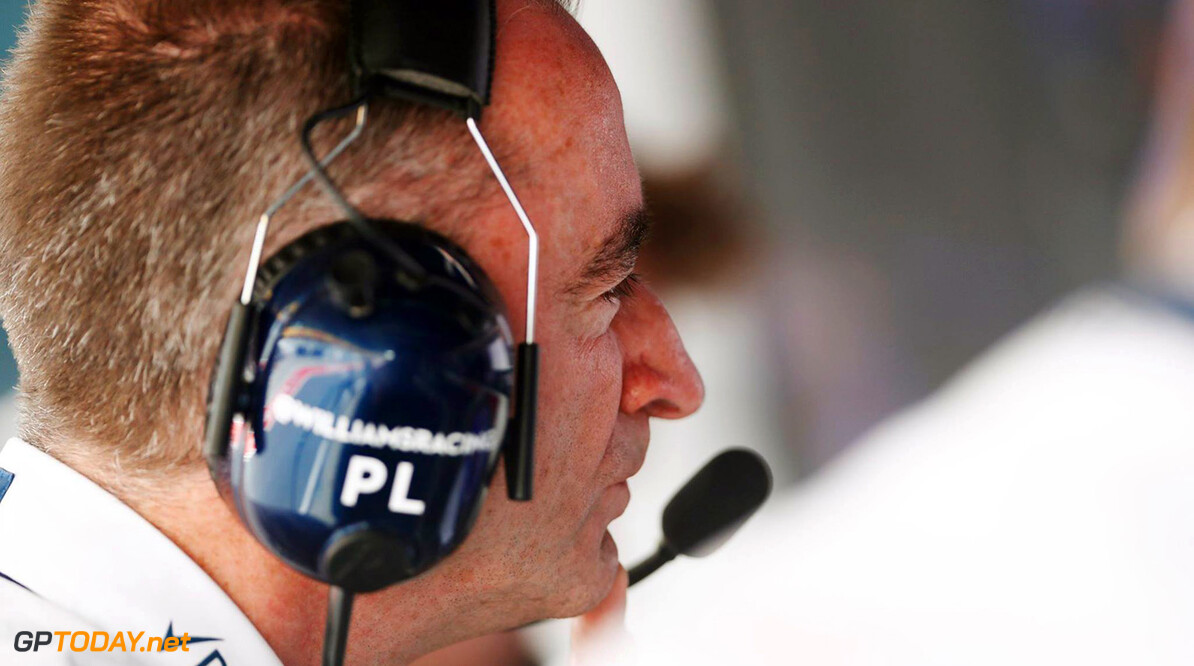
 2
2













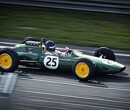
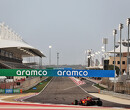
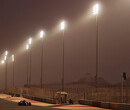
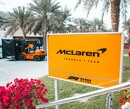
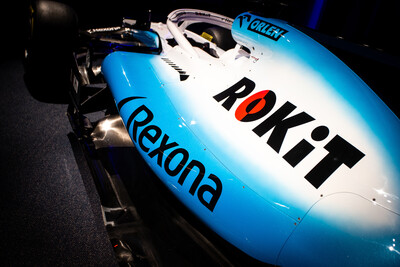



Replies (2)
Login to replycalle.itw
Posts: 8,527
That doesnt necessarily mean its a good change. But next year will again be interesting, and could again shake things up. I just dont hope we'll lose this lovely close midfield.
kngrthr
Posts: 203
i wonder why they won't change the floor regulations?
a floor that gives more down force would allow tiny wings. the main advantage being the reduction in wing to tyre contact in close racing, reducing punctures and carbon fibre all over the track.
smaller wings tend to reduce turbulence also.